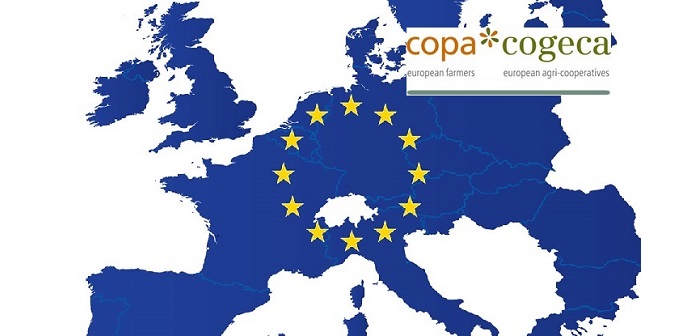The critical state of the European farm market, animal welfare developments and the role of agriculture in relation to climate change are all on the agenda for discussion in Brussels today during a meeting of EU farm ministers.
On market matters, ministers are due to be “updated” on current progress concerning the implementation of the rescue measures agreed by the European Commission (EC) in mid-March. Europe’s farming leaders, however, have already issued a critical pre-meeting statement, calling on ministers to “step up” their action in support of EU agriculture.
“Despite measures agreed by the EU, the market situation has not improved,” said Copa-Cogeca secretary-general, Pekka Pesonen. “We have been hit badly by the Russian ban on farm exports which was our main destination for our exports. A priority for the EU must be to re-open this market.
“The EC must also step up its efforts to find new export markets and boost promotion measures.
“Member States also need to ensure that aid from the package agreed last September is paid out as only a fraction has reached farmers so far“.
In addition to the overall organisation putting pressure on ministers ahead of today’s meeting, Copa vice-president Henri Brichartis is set to “press” his members’ demands at a high-level meeting with the Dutch Presidency. This is also due to take place today.
Away from market concerns, the council meeting will also discuss animal welfare, focusing on the results of the recent Eurobarometer survey on animal welfare and on the establishment of the EU platform on animal welfare. This is a continuation of discussions which began in the council in February 2016.
Ministers are also expected to debate the relation between agriculture and the climate, in the light of the outcome of the Paris climate conference (COP21) in December 2015. It’s planned that discussions will focus on the role of agriculture in mitigating climate change, the relation between climate mitigation and adaptation, and the possible contribution of agriculture to the transition to a bio-economy.


